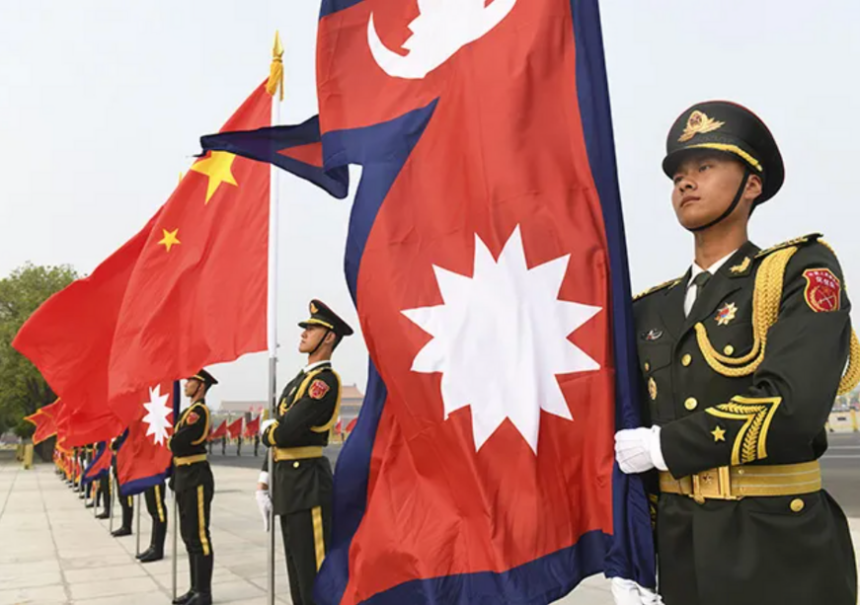Summary by Geopolist | Istanbul Center for Geopolitics:
The article examines the deteriorating relations between China and Nepal, influenced by diplomatic tensions, halted projects, and intricate political dynamics. Nepal’s equidistant policy, which maintains balanced relations with India, China, and Western powers like the U.S., has thwarted China’s early ambitions of establishing Nepal as a strategic ally. Attempts to enhance influence via infrastructure initiatives under the Belt and Road Initiative have encountered setbacks, and China’s assertive diplomatic approach, particularly through contentious statements made by Chinese Ambassador Chen Song, has exacerbated relations, highlighting China’s dissatisfaction with its struggle to assert control over Nepalese politics.
Key issues include:
Political Setbacks: China has faced challenges in its attempts to influence Nepal’s government, encountering pushback from Nepalese leaders and its own errors, such as its inability to prevent the ratification of the U.S. Millennium Challenge Corporation (MCC) Nepal Compact, which went through despite Beijing’s discreet opposition. Chinese-backed groups tried to instill fear that the agreement would permit U.S. military deployment, yet Nepal moved forward with ratification, indicating a desire for balanced relations with the West.
Economic Challenges: The Belt and Road Initiative (BRI) projects in Nepal are facing economic challenges, primarily because Nepal favours grants instead of Chinese loans and is hesitant to participate in China-funded projects that involve sovereign-guaranteed loans. Projects such as Pokhara International Airport, funded by Chinese loans, have encountered economic difficulties, including Nepal’s requests to convert the high-interest loan into a grant, leading to tensions. The decline in Chinese trade expectations, attributed to worsening relations between China and India, has added further pressure on economic connections.
Military Relations: Although China sought to strengthen military connections with Nepal’s army, concerns have been raised regarding the quality of Chinese arms and equipment, leading Nepal to pursue more favourable agreements with India and other nations. China’s initiatives to carry out joint military exercises, like Sagarmatha, and to train Nepalese military officers at PLA-operated institutions have experienced varied outcomes.
Frustration with Equidistance: China’s frustrations also arise from Nepal’s equidistance policy, which was originally perceived as a means to balance relations between India and China. Nevertheless, Beijing’s failure to control Nepal’s foreign policy—particularly given Nepal’s strengthening relationships with India and the U.S.—has resulted in a rise in Chinese diplomatic missteps, intensified by aggressive “wolf warrior” diplomacy, exemplified by Ambassador Chen’s contentious public remarks.
The increasing tension between China and Nepal illustrates wider geopolitical changes in the region, as Nepal’s political manoeuvring has made it more challenging for Beijing to enhance its influence. China is encountering significant competition from India and the United States, placing it in a challenging situation as it attempts to manage Nepal’s internal politics, economic requirements, and military partnerships.
Read more here.







